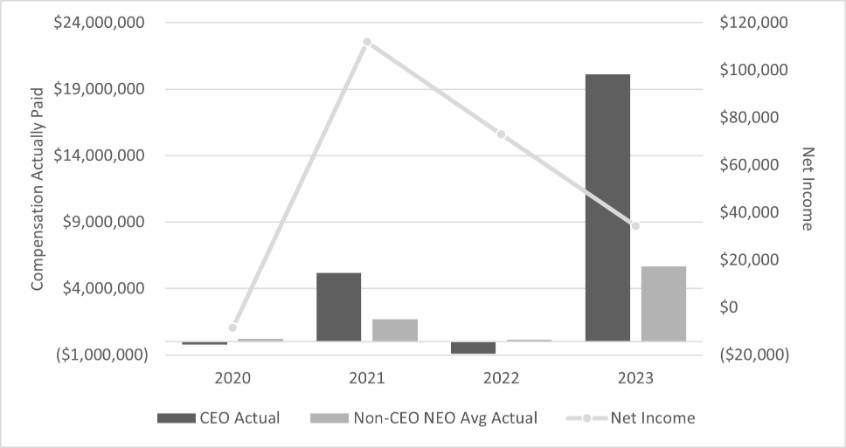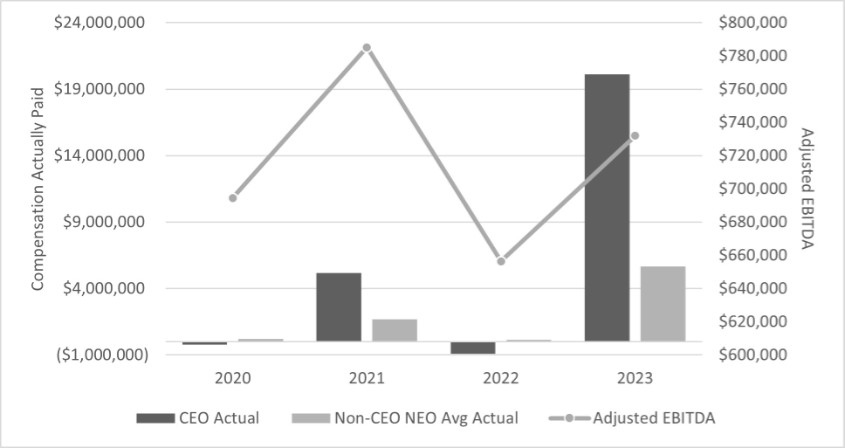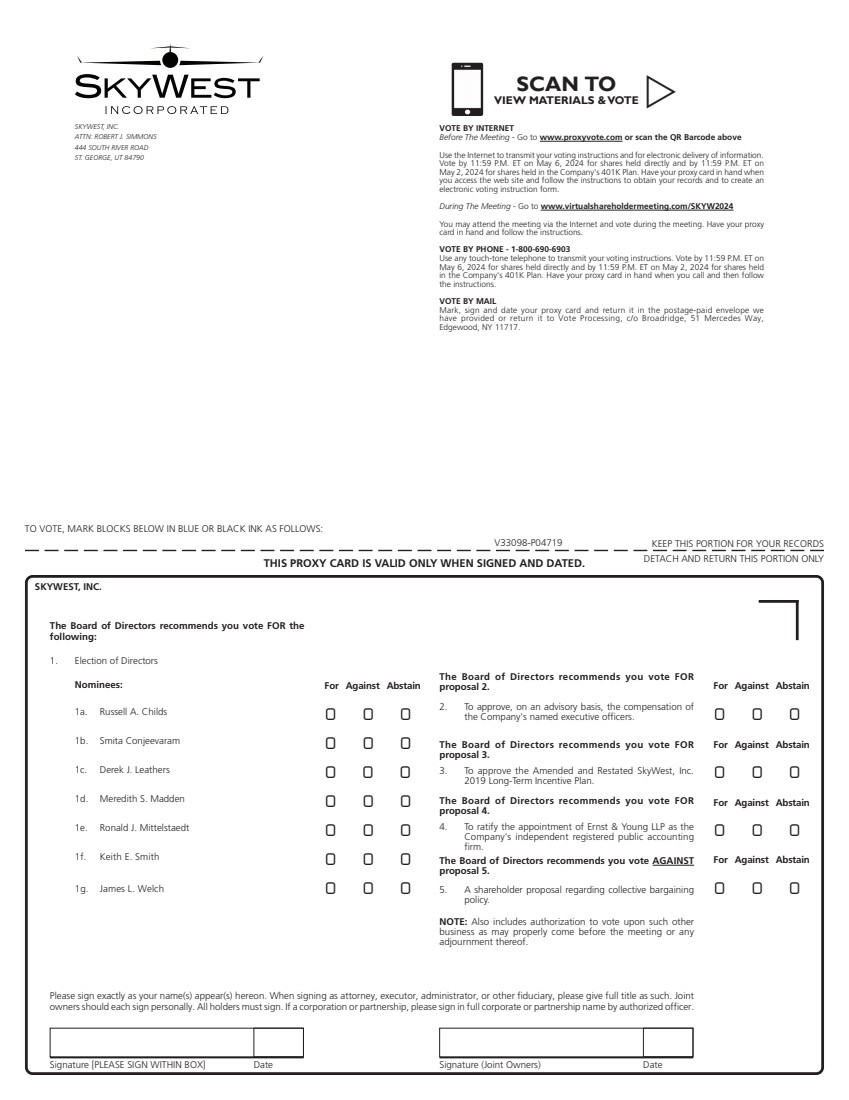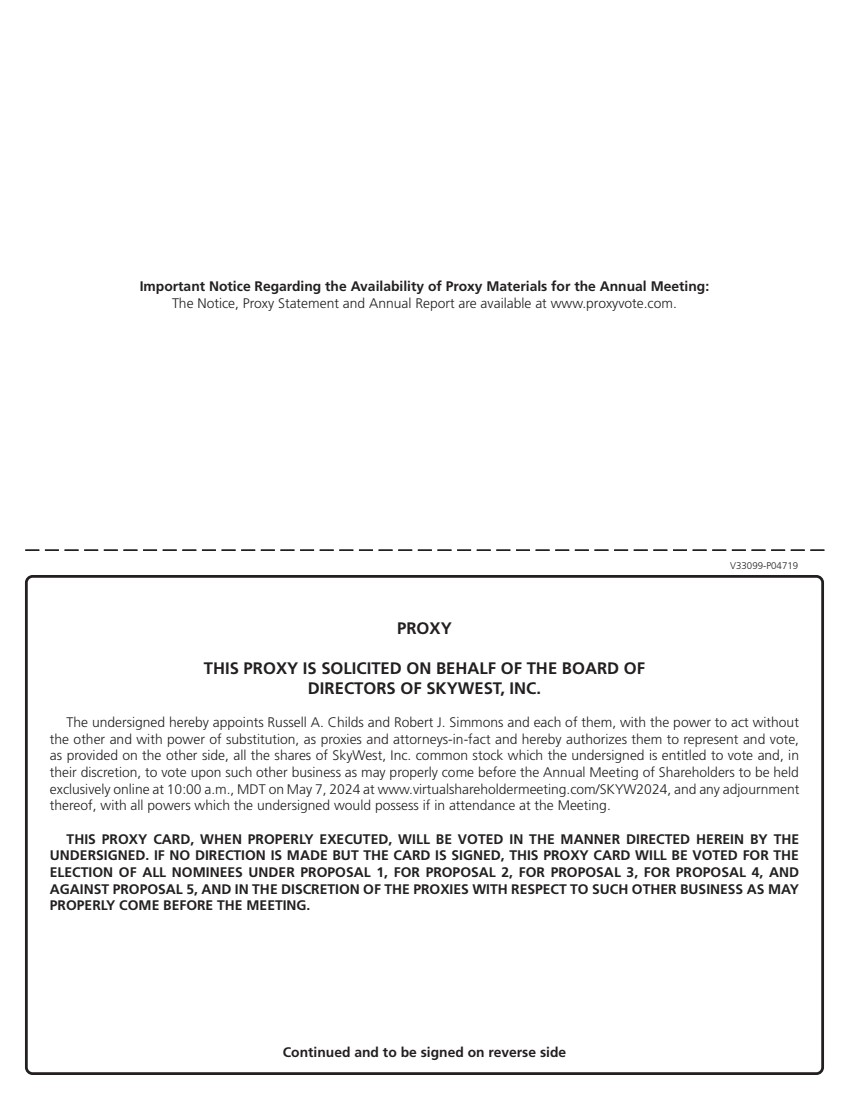EXECUTIVE OFFICERS
In addition to Russell A. Childs, the CEO and President of the Company, whose biographical information is set forth above, the following individuals serve as executive officers of the Company or its operating subsidiaries as of March 15, 2024.
Robert J. Simmons
Age: 61Title: Chief Financial Officer
Mr. Simmons is the Chief Financial Officer of the Company and its operating subsidiary, SkyWest Airlines. He is responsible for the areas of information technology, human resources, risk management and benefits, finance, accounting, treasury and investor relations for the Company and its subsidiaries.
From 2009 until his appointment as SkyWest’s Chief Financial Officer in March 2015, Mr. Simmons served as a Partner with Bendigo Partners, LLC. (“Bendigo Partners”), a privately held firm focused on technology-based financial services as private equity investors and operational consultants. In his role with Bendigo Partners, he was responsible for portfolio management. He previously served as Chief Financial Officer as well as Corporate Treasurer for E*TRADE Financial Corporation. He has more than 30 years of finance and treasury experience in various leadership positions at companies including Oracle, Iomega, and Bank of America.
Mr. Simmons holds a master’s degree in business administration, with an emphasis in finance from the Kellogg Graduate School of Management at Northwestern University, and graduated magna cum laude with a bachelor’s degree in international business from Brigham Young University.
Wade J. Steel
Age: 48Title: Chief Commercial Officer
Mr. Steel is the Chief Commercial Officer of the Company and its operating subsidiary, SkyWest Airlines. He is responsible for the Company’s contractual relationships with American Airlines, Inc. (“American”), Delta Air Lines, Inc. (“Delta”), United Airlines, Inc. (“United”) and Alaska Airlines, Inc. (“Alaska”), development of new business opportunities with network airlines, financial planning, fleet management and maintenance. He also plays a vital role in the strategic planning and development opportunities of the Company.
Mr. Steel was initially employed with the Company in March 2007 as Director of Financial Planning and Analysis and was appointed to serve as Vice President – Controller for SkyWest Airlines in 2011. From May 2014 until his appointment as Chief Commercial Officer of the Company in March 2015, he served as the Executive Vice President and acting Chief Financial Officer of the Company, with responsibility for the areas of finance, treasury, investor relations and information technology for the Company and its subsidiaries. Prior to joining the Company, Mr. Steel was employed by a public accounting firm.
Mr. Steel holds bachelor’s and master’s degrees in accounting from Brigham Young University and is a member of the American Institute of Certified Public Accountants. He sits on the board of Contour and Saint George Regional Hospital.
Eric J. Woodward
Age: 52Title: Chief Accounting Officer
Mr. Woodward is the Chief Accounting Officer of the Company and its operating subsidiary, SkyWest Airlines. He is responsible for the oversight of the Company’s financial accounting practices, internal controls and reporting to the Securities and Exchange Commission.
Mr. Woodward was employed in various other capacities with the Company from April 2004 until April 2007 and served as the Company’s Vice President – Controller from April 2007 until May 2011, when he was appointed to serve





